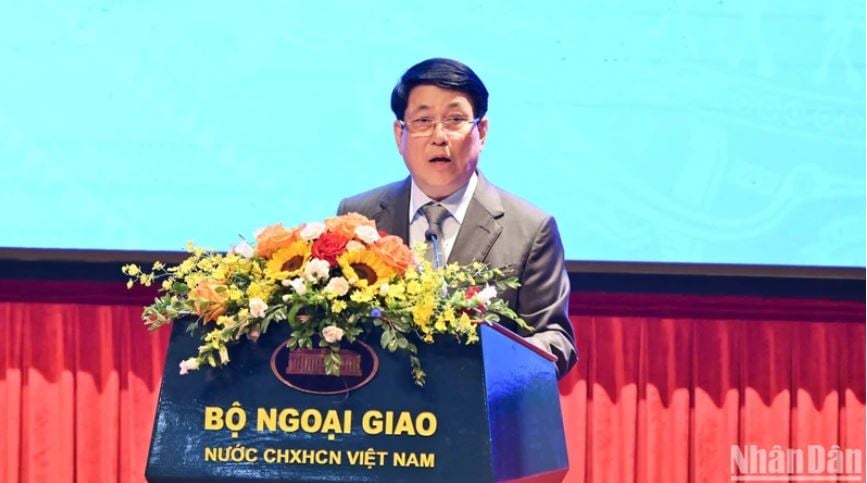 |
| President Luong Cuong delivers a speech at the conference. (Photo: Thuy Nguyen) |
Attending the workshop were Party Central Committee members: Deputy Prime Minister, Minister of Foreign Affairs Bui Thanh Son; Head of the Office of the President Le Khanh Hai; Deputy Minister of Foreign Affairs Nguyen Manh Cuong;
Alternate members of the Party Central Committee: Permanent Deputy Minister of Foreign Affairs Nguyen Minh Vu; Permanent Deputy Minister of Culture, Sports and Tourism Le Hai Binh;
Leaders of central departments, ministries and branches; Ambassadors, representatives of embassies in Hanoi, domestic and international experts and researchers, historical witnesses, etc.
Speaking at the opening of the workshop, Deputy Prime Minister and Minister of Foreign Affairs Bui Thanh Son affirmed that exactly 50 years ago, the historic victory of the Ho Chi Minh Campaign ended the long resistance war, completely liberated the South, reunified the country, and opened a new era - the era of independence, unification, peace and development for the Vietnamese people. It was a victory of patriotism, the spirit of great national unity and the burning aspiration of the Vietnamese people as well as peace-loving people around the world.
In that journey, diplomacy played a very important role, combining military and politics, creating a "fighting and negotiating" position, mobilizing the combined strength of the nation. Diplomacy also took advantage of the strength of the three revolutionary streams, mobilizing the support of socialist countries and a broad international front to support the just struggle of the Vietnamese people.
With a spirit of peace and profound humanity, even during the war, Vietnamese diplomacy has continuously expanded foreign relations, while laying the first bricks for the process of reconciliation and healing with countries that fought in Vietnam.
The international conference with the theme “50 years of national reunification: The constructive role of diplomacy in history and present” is very important, not simply a normal scientific conference.
The organizers expect the Conference to be a forum for open exchange and dialogue, where researchers, scholars, diplomats, historical witnesses and international friends will discuss the peace-building role of diplomacy.
The workshop highlights important contents: It is an opportunity for us to look back at the great contributions of diplomacy to the cause of national unification; study and apply those historical lessons to the current peace-building; suggest initiatives and proposals on how Vietnam can participate and contribute to the peaceful resolution of conflicts...
Speaking at the conference, President Luong Cuong affirmed that every country and nation in the world, whether big or small, generally goes through turning points and historical crossroads that determine their destiny and development path.
For Vietnam, the April 30, 1975 victory that completely liberated the South was an extremely important event in the nation's history. From then on, Vietnam was completely unified, the country was reunited; the Vietnamese people entered a new historical era - the era of independence, unity, and the whole country moving towards socialism. In that historic victory, there was a great contribution from Vietnamese diplomacy.
Half a century has passed, but the historical significance and profound lessons from the April 30, 1975 Victory for Vietnamese diplomacy in creating peace, protecting and building the Vietnamese Fatherland still retain their value, and are deeply national and contemporary.
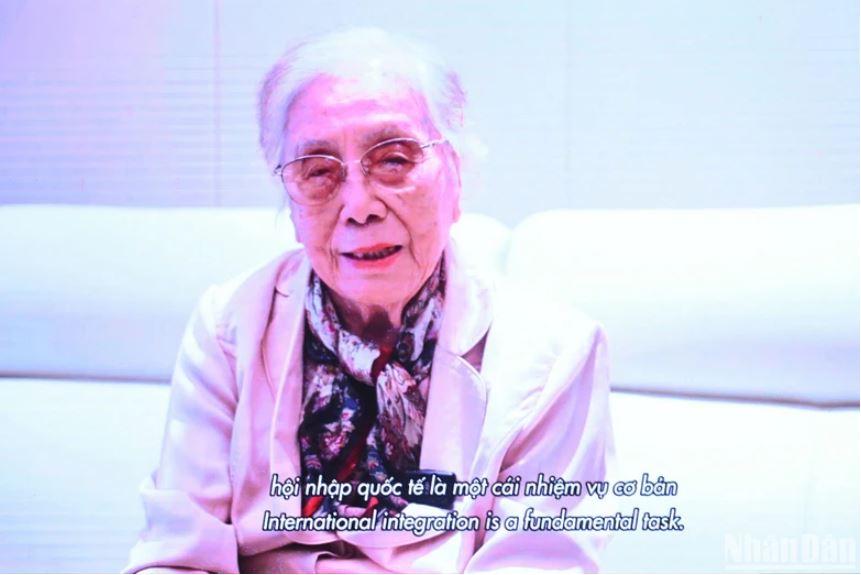 |
| Video message of former Vice President Nguyen Thi Binh at the conference |
Recalling that as soon as the country gained independence (in 1945), beloved Uncle Ho sent many telegrams and letters to the heads of state and foreign ministers of the United States, China, the Soviet Union and the United Nations, clearly demonstrating the spirit of "Vietnam is ready to be friends with all democratic countries and not to create enmity with anyone", the President emphasized that looking back at the history of the struggle for national liberation, independence and national unification of the Vietnamese people, we are more clearly aware of the very important role of diplomacy.
The vision and clear thinking of the Communist Party of Vietnam on foreign affairs were put forward at the right time, very suitable for the international context at that time. In particular, the rise of "revolutionary currents", especially the national liberation movement, the international workers' movement, and the support of progressive people around the world were the basic conditions that helped Vietnamese diplomacy combine national strength with the strength of the times for the cause of fighting to liberate the South and unify the country.
The President affirmed that the peace-building role of Vietnamese diplomacy has been demonstrated throughout historical periods, from the struggle for national liberation and reunification to building and developing the country in peacetime. Diplomacy has mobilized great material and spiritual support from socialist countries and progressive peoples around the world, creating an unprecedented international movement in support of the just struggle of the Vietnamese people.
Diplomacy coordinated smoothly and closely with the military and political fronts, opening up a situation of "fighting and negotiating at the same time", thereby achieving victory step by step, creating the premise to bring the struggle to liberate the South and unify the country to complete victory.
Diplomacy also plays an important role in national reconstruction, successfully implementing foreign policy during the Doi Moi period, opening up a favorable foreign situation for national construction and defense.
During the 40 years of Doi Moi, diplomacy has made many practical contributions to great achievements of historical significance. If in wartime, the top task of foreign affairs is to contribute to the struggle for national independence and national unification, then in peacetime, foreign affairs take the lead in building peace, protecting the Fatherland "early, from afar", expanding the country's development space and strengthening the close friendship, equal cooperation, and mutual benefit between Vietnam and other countries and international partners.
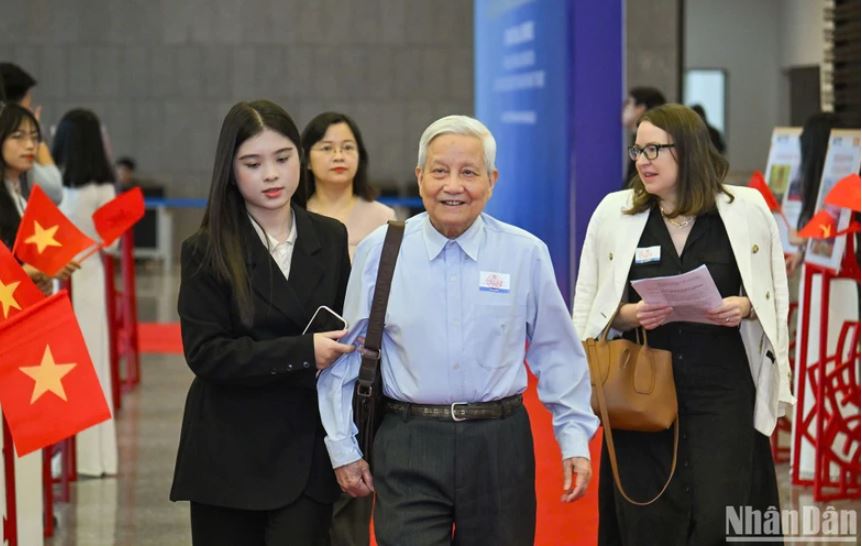 |
| Veteran revolutionary journalist Ha Dang attended the conference. |
According to the President, half a century has passed, but the struggle for national independence, national reunification, and the construction and protection of the Fatherland has left many valuable lessons for diplomacy.
For Vietnam, it is a lesson in creatively applying Ho Chi Minh's ideology and diplomatic style; upholding the spirit of independence, self-reliance and self-improvement; combining national strength with the strength of the times; closely following the motto "adapting to all changes with the unchanging", always steadfast in the strategic goal of national independence associated with socialism, but very flexible in strategy; attaching importance to the close coordination between foreign affairs with national defense, security, economy and other key areas in protecting and building the Fatherland; promoting the role of overseas Vietnamese - an inseparable part of the Vietnamese ethnic community.
For international friends, the historic victory of April 30, 1975 and the strong revival and development of Vietnam are typical examples of a resilient, indomitable nation that loves peace; is peaceful and very humane, just, humane, and compassionate.
Pointing out that the world is witnessing many historic turning points, and that the international economic, political and security environment is evolving rapidly, complicatedly and unpredictably, the President affirmed that Vietnam is deeply aware that the country's future and destiny are closely linked to peace, stability, cooperation and development in the region and the world.
Entering a new era, an era of strong development and prosperity, Vietnam consistently pursues a foreign policy of independence, self-reliance, peace, friendship, cooperation and development, multilateralization and diversification of foreign relations; consistently pursues a "four no's" defense policy; and is ready to actively and proactively contribute to world politics, the global economy and human civilization.
The President hoped that the conference would contribute to recognizing and clarifying the factors, lessons, roles, and great and outstanding contributions of Vietnamese diplomacy during the period of national liberation, unification and development; at the same time, suggesting practical directions for Vietnam and the international community to join hands in creating and maintaining sustainable peace in the region and the world.
The President emphasized that the 50th anniversary of the liberation of the South and national reunification is a major political event, a historic victory for the Vietnamese people, and also a common victory for progressive people around the world; demonstrating the aspiration for peace, independence, freedom and happiness. Although years have passed, the profound timeliness and topicality of the “Vietnam story” remains intact, shining with the noble values of the journey to seek lasting peace, dialogue, healing the wounds of war, national reconciliation, reconstruction and development.
At the workshop, experts, historical witnesses, and scientists at home and abroad focused on discussing and sharing lessons learned from both the past and present on various aspects related to the Party's leadership role in the historic spring victory of April 30, 1975; the contribution of diplomacy in ending the war, restoring peace and unifying the country; the coordination between military and diplomatic struggles in the 1975 Spring General Offensive; as well as lessons learned from diplomacy during the anti-American resistance war for current foreign affairs; or the pioneering role of foreign affairs in creating and maintaining a peaceful, stable, developing environment and enhancing the country's position in the new era...
The presentations provided a lot of information, analyzed and explained many issues, suggesting the role of diplomacy in promoting dialogue, resolving disputes, and building peace in the current situation.
Source: https://huengaynay.vn/chinh-tri-xa-hoi/theo-dong-thoi-su/vai-tro-kien-tao-hoa-binh-cua-ngoai-giao-viet-nam-mang-tinh-dan-toc-va-tinh-thoi-dai-sau-sac-152897.html



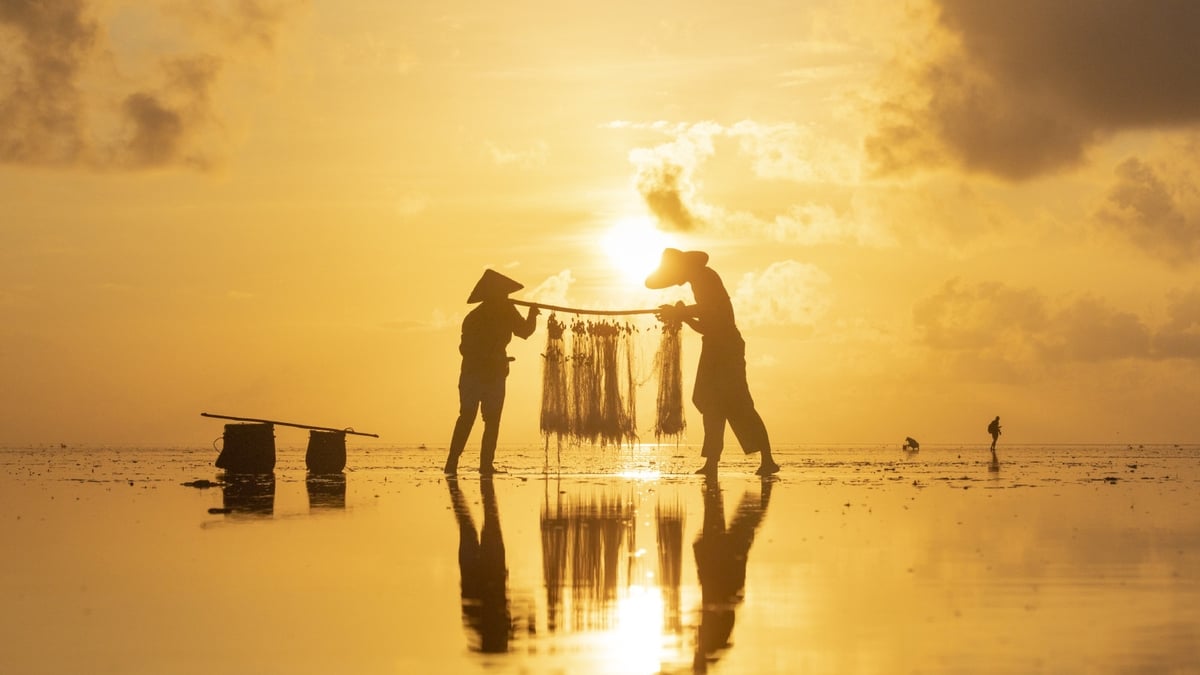

![[Photo] Anh Hoang - Dinh Duc successfully defended the men's doubles championship of the National Table Tennis Championship of Nhan Dan Newspaper](https://vphoto.vietnam.vn/thumb/1200x675/vietnam/resource/IMAGE/2025/5/23/d6ab3bcac02c49928b38c729d795cac6)
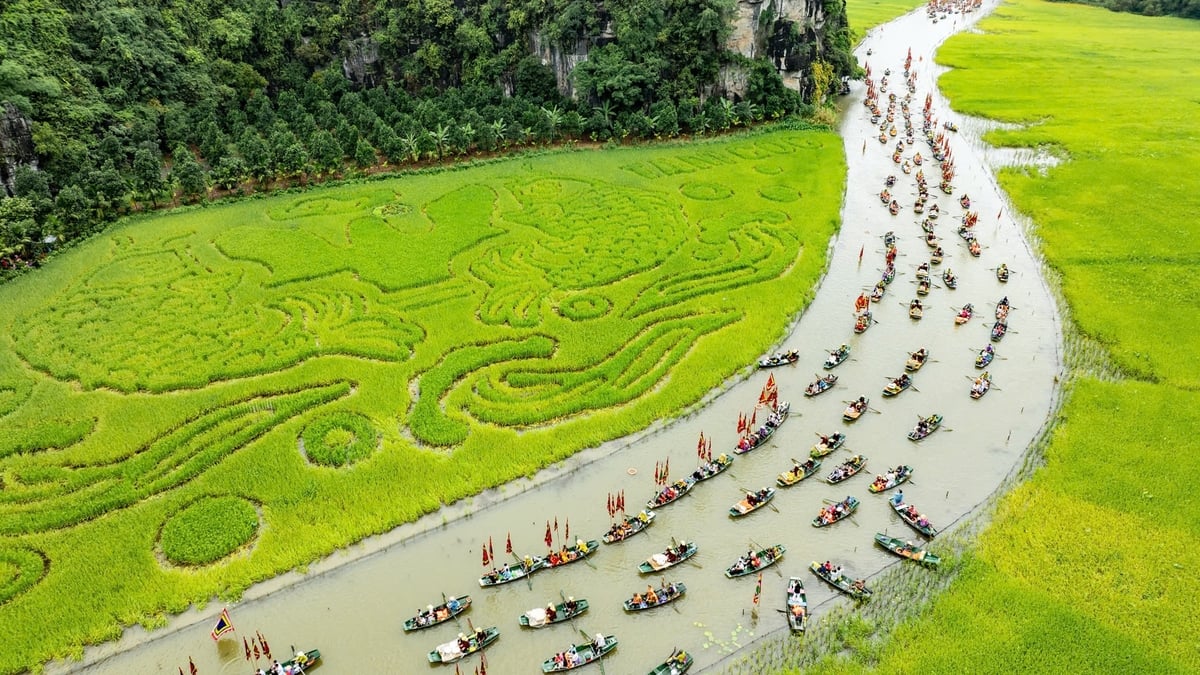
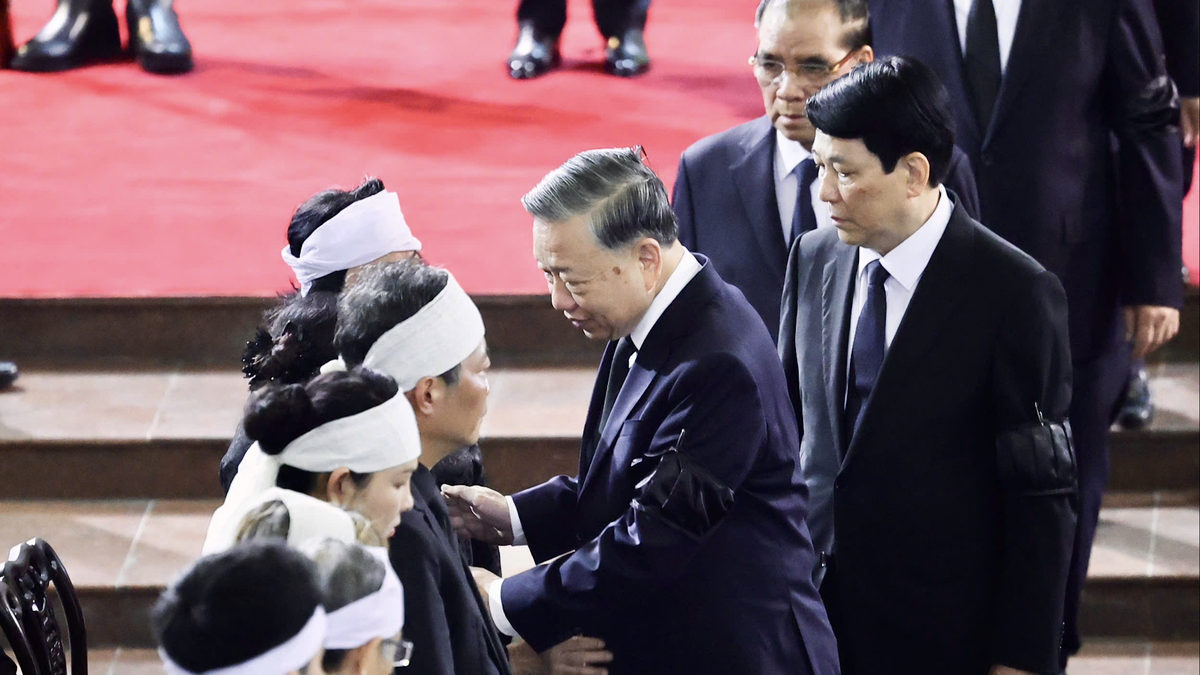
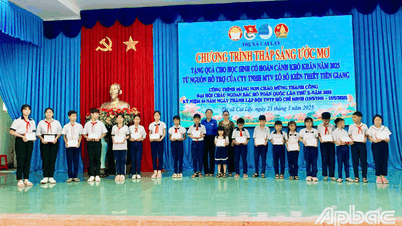



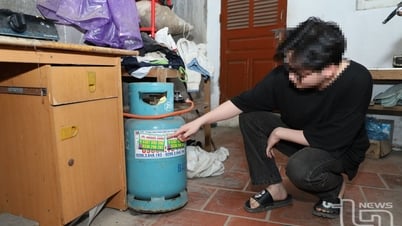



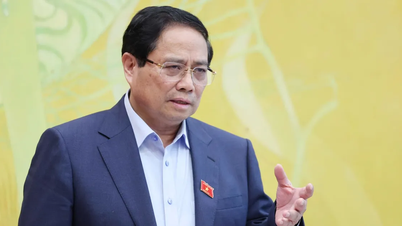





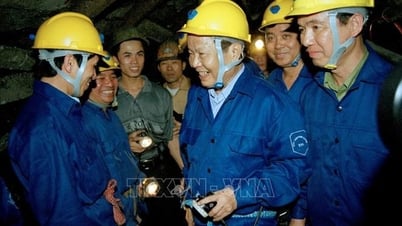
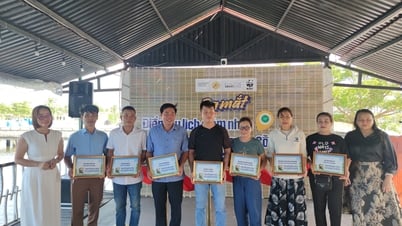
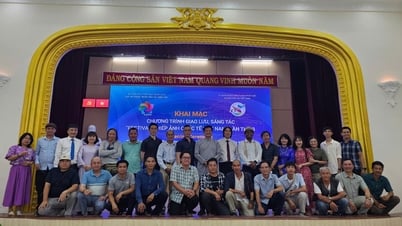
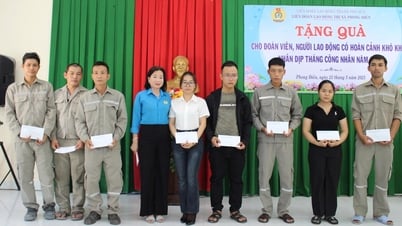
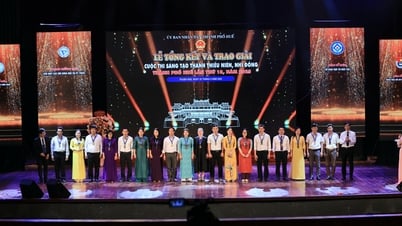

![[Photo] Top players gather at the 2025 Nhan Dan Newspaper National Table Tennis Championship](https://vphoto.vietnam.vn/thumb/1200x675/vietnam/resource/IMAGE/2025/5/23/9ad5f6f4faf146b08335e5c446edb107)


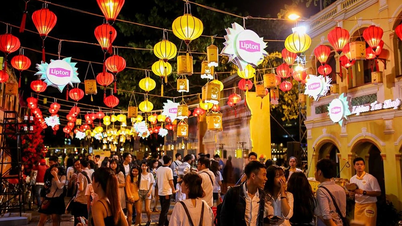

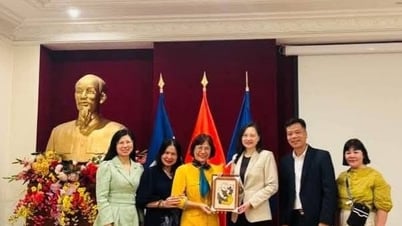

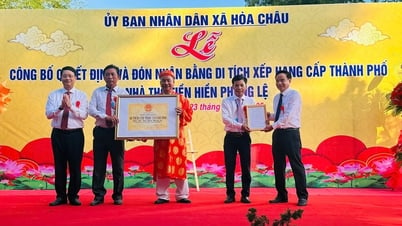























![[Photo] The Central Party Executive Committee delegation visits former President Tran Duc Luong](https://vphoto.vietnam.vn/thumb/402x226/vietnam/resource/IMAGE/2025/5/24/32f67673454445aab0f1f2af331cb170)
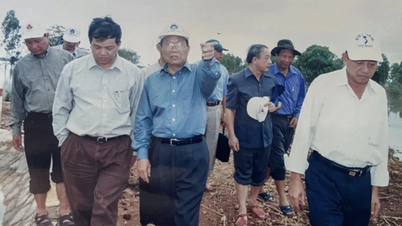

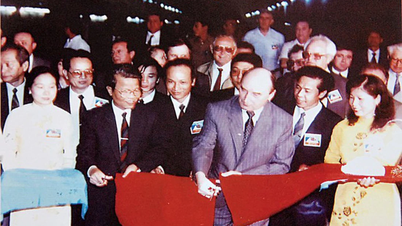


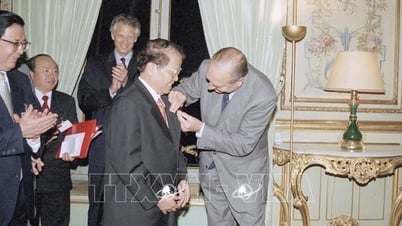








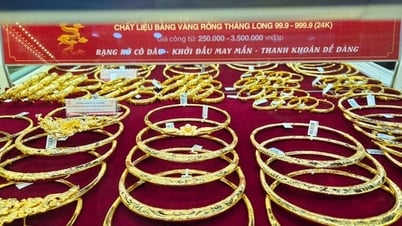












Comment (0)